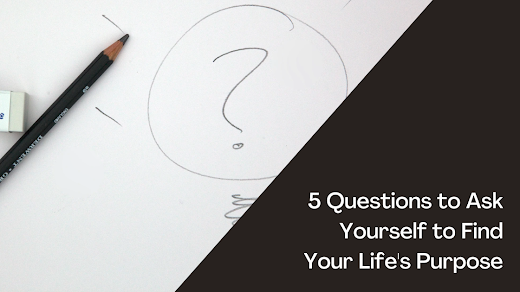Were you ever teased as a child? A lot of us were. Some kids will make fun of others who are fatter or skinnier, taller or shorter, or different in some other way. They, unfortunately, learn this behavior from adults who likewise chastise their colleagues, friends, and others for nothing more than being different.
This becomes a big problem when several children attack another child and declare some difference to be negative. When this behavior is ongoing, the different child can begin to feel low self-worth. After all, if everyone is telling her that she's different and that her differences aren't good, they must be right.
Why else would they all be saying the same thing? That child becomes upset with the person she sees in the mirror. Why is she overweight? Why is her skin different from others? Why wasn't she given the intelligence that all her friends have? This leads to self-doubt, low self-esteem, and in some cases, risky and unsafe behavior.
Stress Is a Killer, but It Doesn't Have To Be
Obviously, that's a very stressful scenario. Unfortunately, this is a common situation for not just children but teens, young adults, and even older grown-ups.
It causes so much stress, both physical and mental. The stress starts to build up because the differences are seen as negative. The marvelous, unique individual that was created is not allowed to be who they really are. They try not to be themselves.
On the physiological side of the equation, this chronic stress produces chemicals that lead to anxiety, depression, and other negative feelings. Ask any doctor, and they'll tell you stress is related to most chronic illnesses and many major causes of death.
Your differences don't have to be stressful. They shouldn't be. When you embrace who you are, you realize you have much to offer the world. You're fine just like you are right now. This leads to confidence and less stress. You aren't as anxious about trying to please others by fitting into some silly idea they have of who you should be.
Your confidence and self-esteem go up when you accept and love your differences.
You'll also find that certain people in your life want to manipulate you rather than accept who you are. Perhaps you should move on from these people and spend more time with supportive individuals who encourage your uniqueness.
Be happy with who you are. You're the only "you" that will ever be created. There will never be another human being exactly like you. When you embrace that fact and look at your differences as advantages, you'll suffer less stress and anxiety and enjoy more self-love, fulfillment, and success.













